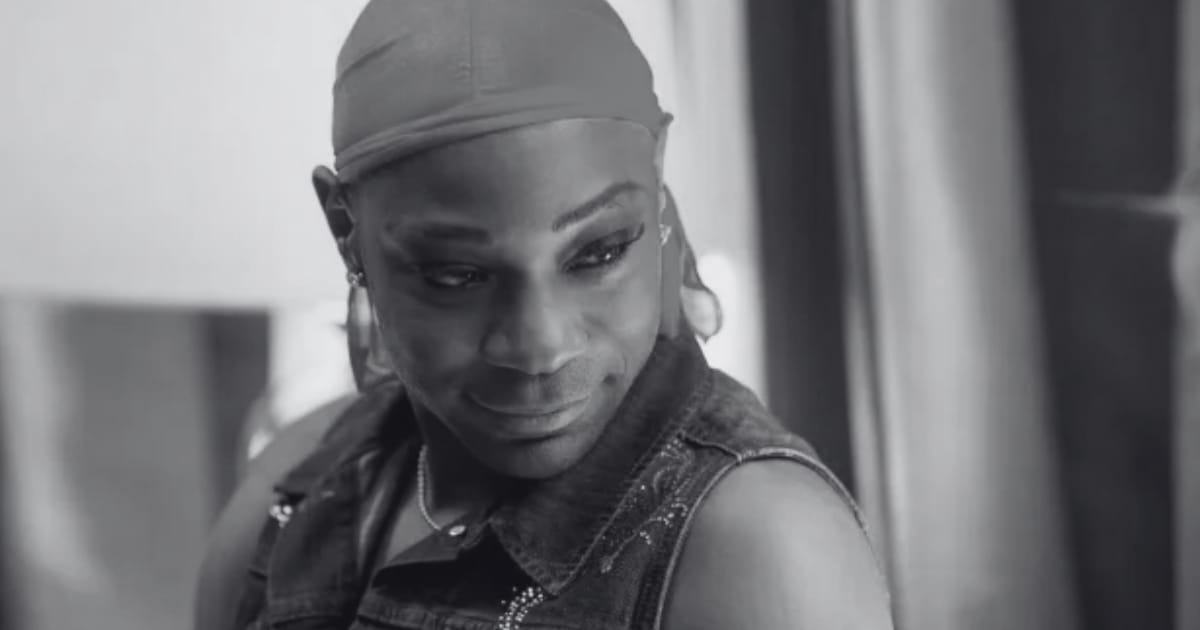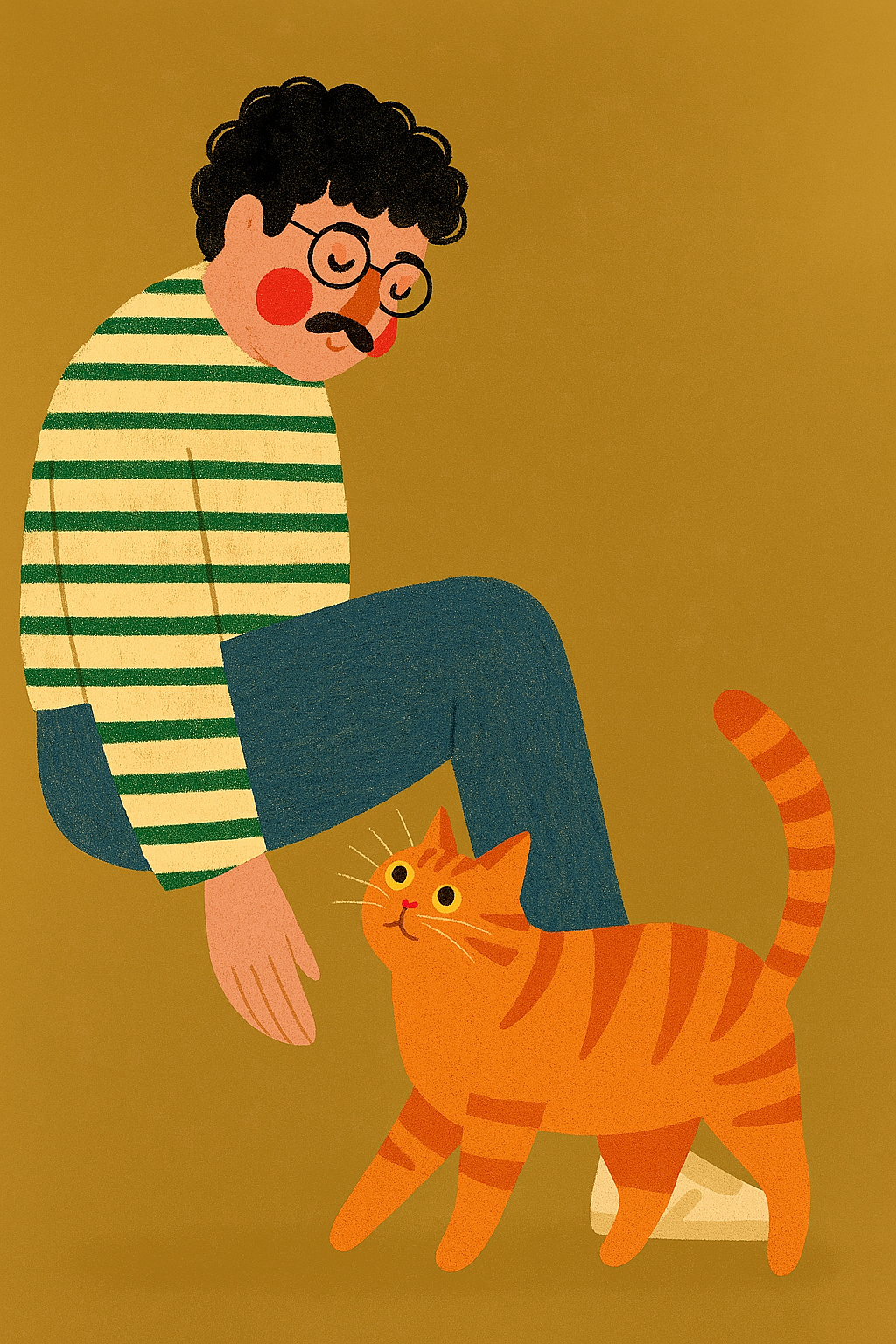In a show full of vampires, shapeshifters, melodrama, and increasingly unhinged plot lines, True Blood gave us something unexpected: Lafayette Reynolds, the most real thing in Bon Temps. In a world of supernatural chaos, he was grounded magic.
Played with electric, gut-punch brilliance by the late Nelsan Ellis, Lafayette wasn’t just a standout. He was the soul of the show. He read tarot. He rocked lashes. He sold V and slung burgers. He stood in his queerness like it was sacred—which, for many of us watching, it was.
“Who ordered the hamburger… with AIDS? In this restaurant a hamburger deluxe come with frimp fries, lettuce, tomato, mayo and AIDS! Do anybody got a problem with that?”
That line wasn’t just a clapback. It was canonised queer resistance on HBO. It was a moment where Lafayette made sure you knew he wasn’t here to be anyone’s stereotype or punchline. He was going to look you in the face, demand respect, and serve it with a side of truth.
When True Blood premiered in 2008, there weren’t many characters on TV like Lafayette. Black. Queer. Femme-presenting. Fierce. Flawed. Funny. Alive. And in the Sookie Stackhouse novels by Charlaine Harris, Lafayette actually dies early—murdered off-page between books. But Nelsan Ellis’ portrayal was so compelling, so undeniable, that Lafayette lived.
“There was no way we were letting that character go. He became the heart of the show.”
Amid vampires brooding and werewolves growling, it was Lafayette who lived. He survived, endured, adapted. He gave us truth in a town full of monsters. He gave us fashion, emotion, grit. He could dress you down and pray for you in the same breath.
Nelsan Ellis was straight. And in 2014, he spoke frankly about how hard it was to play Lafayette convincingly, and how much it mattered to him to get it right:
“I had to find the femininity in myself, and put that into Lafayette, while making sure he wasn’t a caricature. I didn’t want to make fun of him. I wanted him to be real.”
He didn’t just find it—he honoured it. What Ellis created was revolutionary. Not just because Lafayette was bold or stylish or sassy, but because he was whole. He was allowed to feel. To cry. To be complicated. And not just survive, but thrive in a world that should’ve chewed him up.
He wasn’t perfect. He was messy, traumatized, tender. He saw ghosts. He buried lovers. He made gumbo. He rolled his eyes so hard you could feel it through the screen. He kissed boys like the world wasn’t watching. He loved like he didn’t expect to be loved back.
Lafayette’s femininity wasn’t coded—it was canon. He wore eyeliner like war paint. He dressed to be seen. And yet, it never read as costume. It read as protection. The sass wasn’t for show. It was survival. His softness wasn’t weakness. It was resistance.
In one of the show’s later seasons, he tells a grieving Sookie:
“I ain’t got no magic spell for this. Sometimes you just gotta feel the shit. That’s all there is.”
And that’s what Lafayette did. He felt everything. Without apology. That kind of emotional openness from a queer Black man on mainstream television? Radical.
In an era where queer characters—especially queer Black ones—were so often reduced to sidekicks or jokes or tragic deaths, Lafayette lived. And yes, he suffered. He struggled. But he wasn’t a symbol. He wasn’t sanitised. He was real.
“I’m a survivor, not a victim.”
We didn’t always deserve him. But we needed him. Because for many queer viewers, especially Black viewers, Lafayette was the first time we saw someone on screen who felt true. Not simplified. Not sensationalised. Just real and radiant.
And that line—that defiance—is what he left us with. A roadmap. A prayer. A reminder. Lafayette Reynolds deserved the world. But he gave it to us instead.

